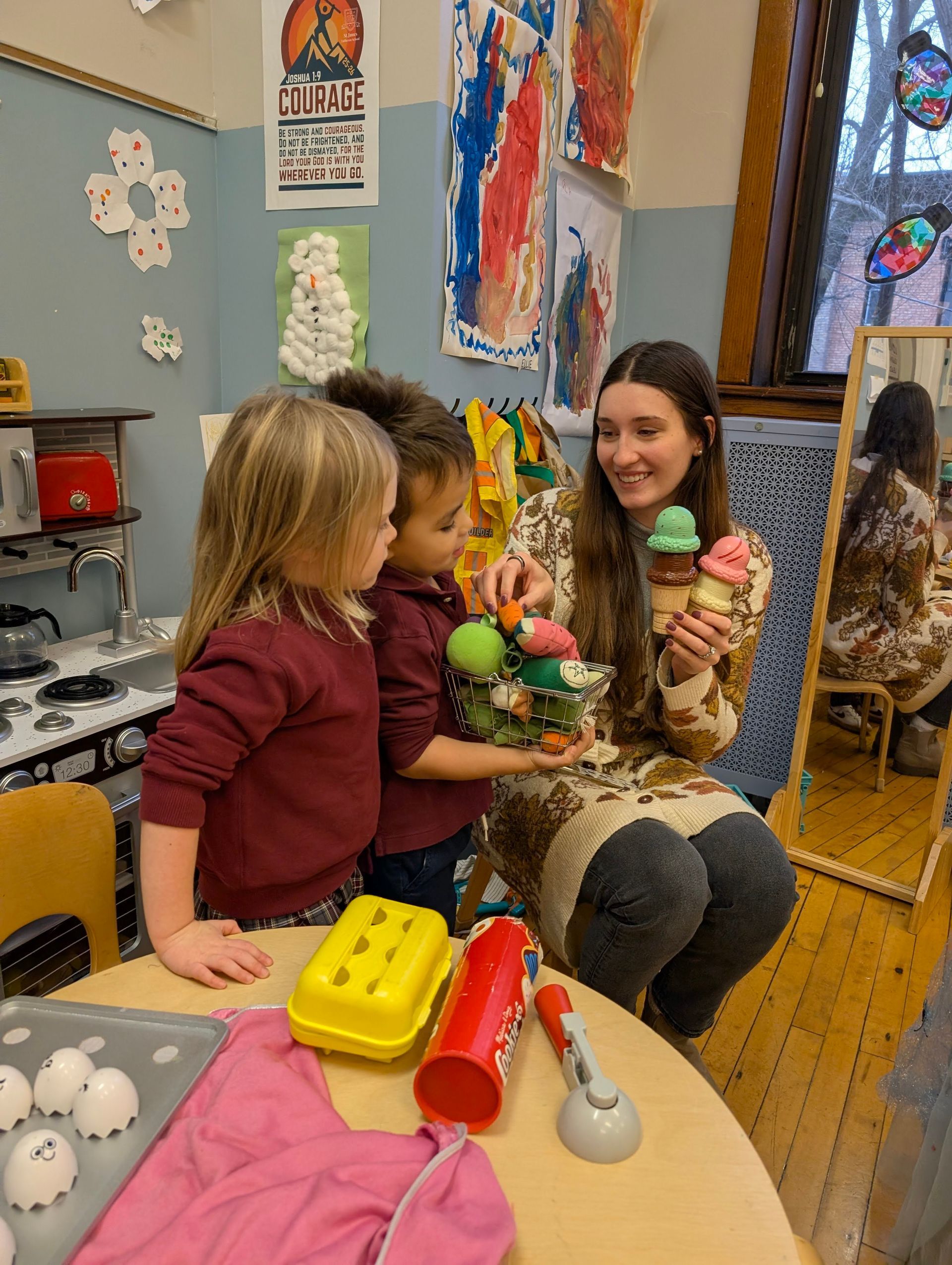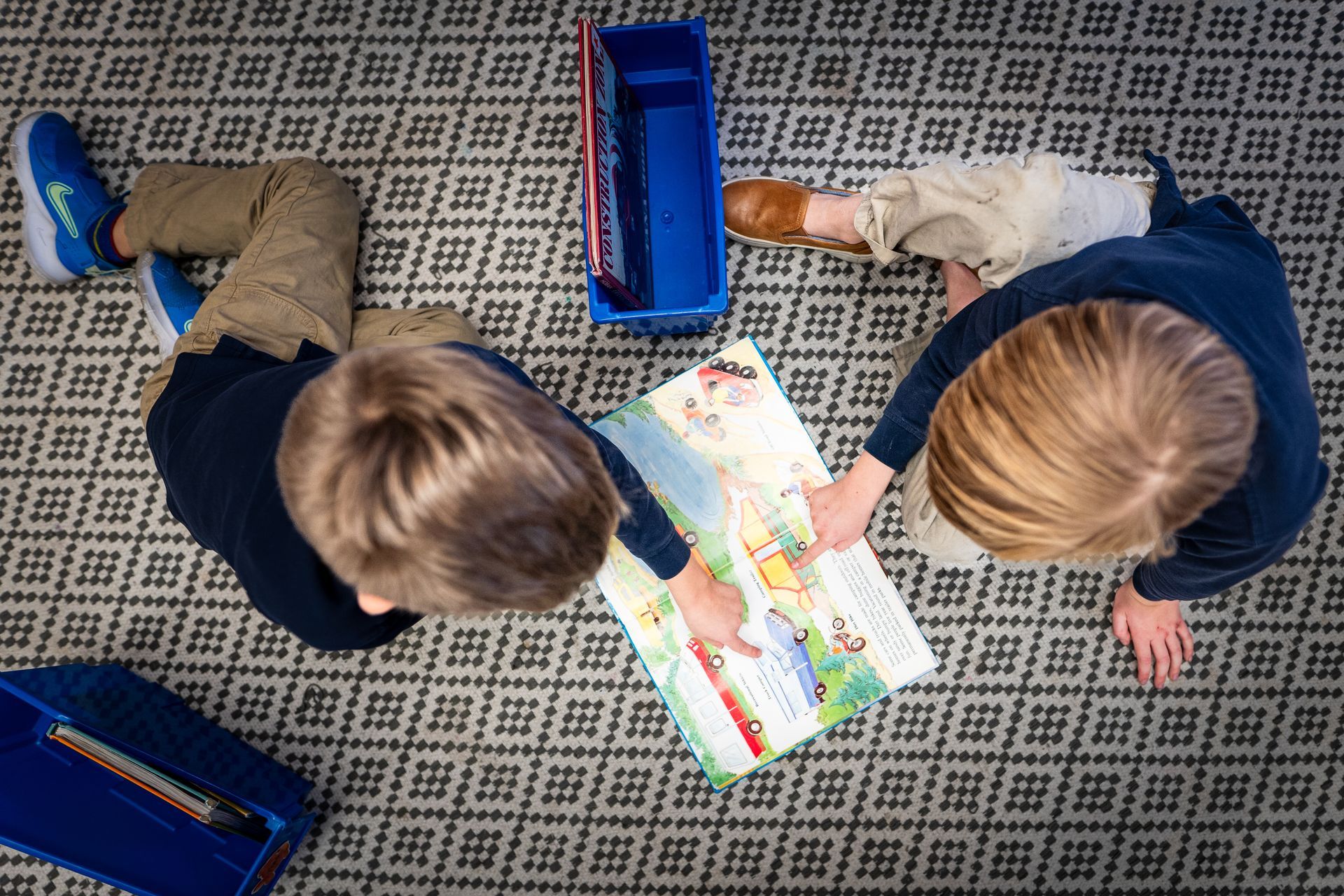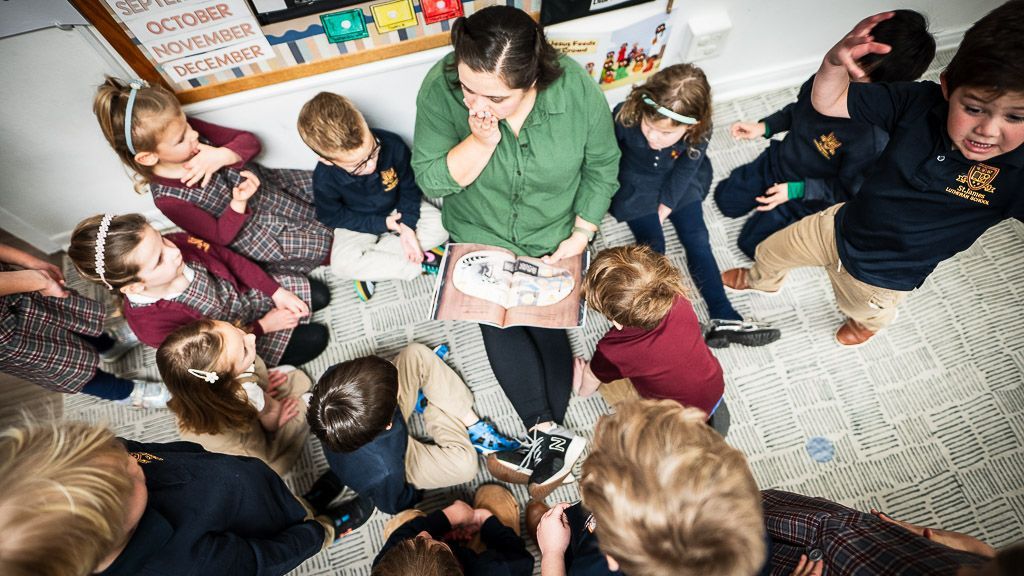Encouragement Vs. Praise
Why Encouraging Effort Helps Children Thrive More Than Praise

Rudolf Dreikurs once said, “A child needs encouragement like a plant needs water.” Praise, on the other hand, can be counterproductive for children. Research by Carol Dweck found that praising kids for being “smart” when they accomplish a task can actually discourage them from taking risks. When praised for intelligence, children tended to choose easier tasks in the future to avoid the possibility of failure. In contrast, children who received encouragement for their effort were more likely to tackle harder challenges.
As Dreikurs put it, “Encourage the deed, not the doer.” Rather than saying, “You got an A, I’m so proud of you,” try something like, “Congratulations! You worked hard and earned it.” This subtle shift helps change how a child views themselves—not as someone seeking external validation, but as someone who takes pride in their effort.
Praise often creates “approval junkies”—children who rely on others to determine their worth. Encouragement, however, fosters self-reflection and independence by helping children evaluate their own efforts.
Making the switch from praise to encouragement can feel awkward at first, especially if certain phrases have become habitual. To help guide your thinking, keep these questions in mind:
Am I encouraging self-evaluation, or fostering dependence on others’ judgments?
Am I being respectful, or does my comment come off as patronizing?
Am I seeing the situation from the child’s perspective, or just my own?
Would I say this to a friend?
For more on this topic, check out this quick reference sheet: Praise vs. Encouragement










